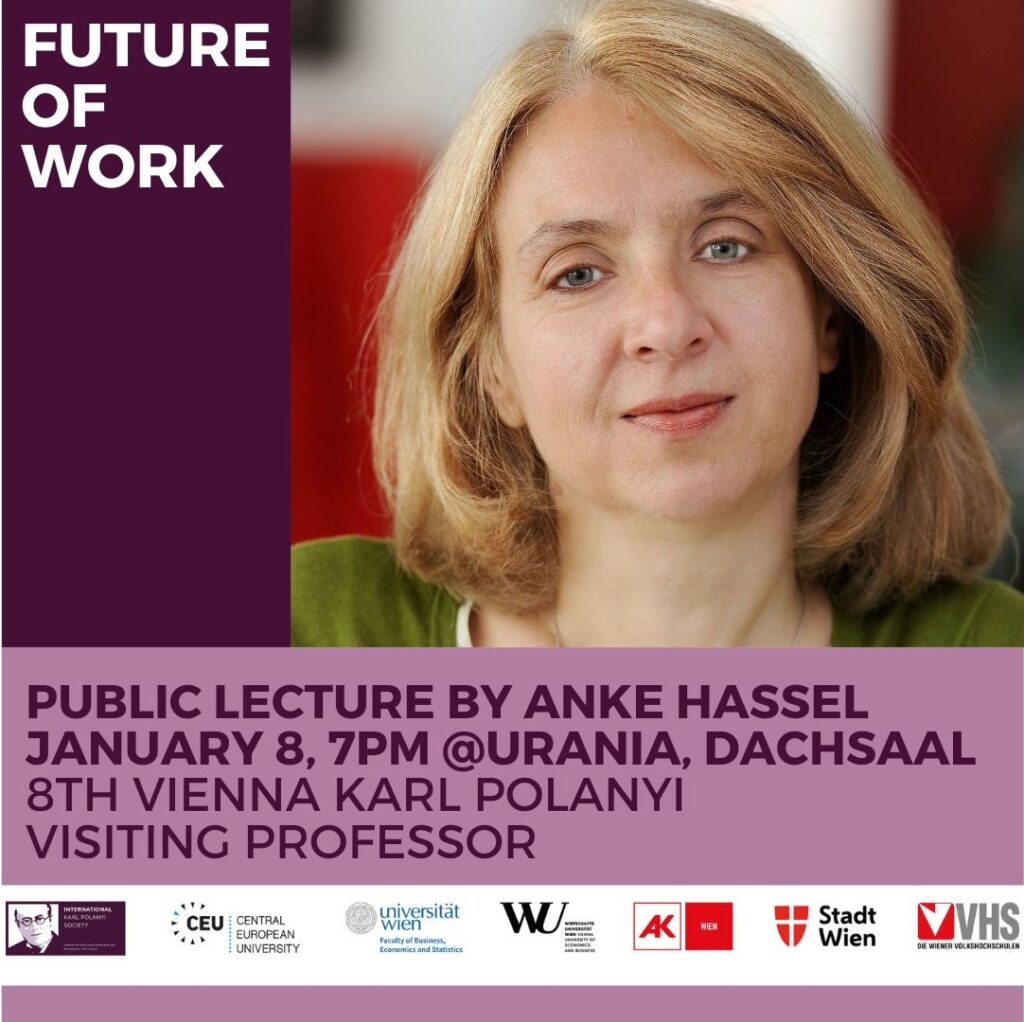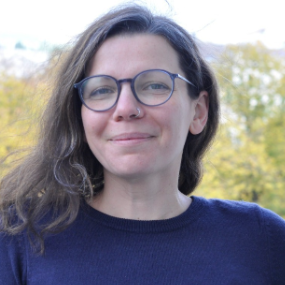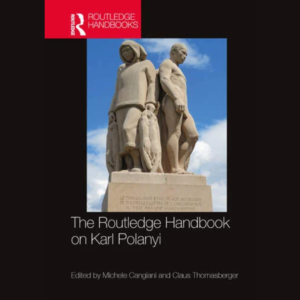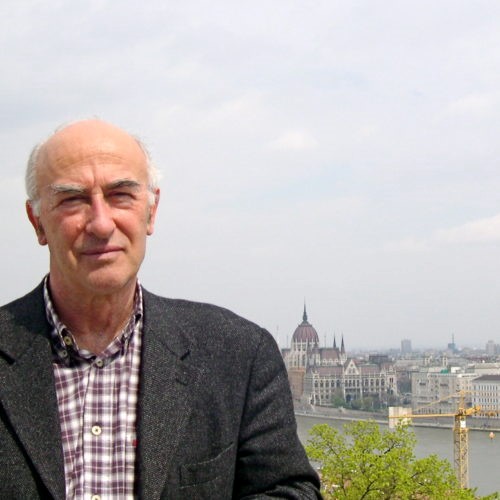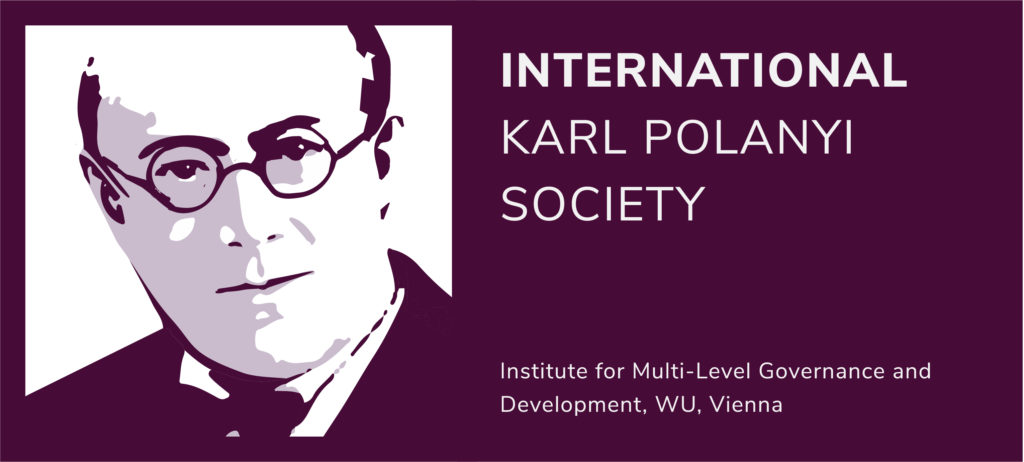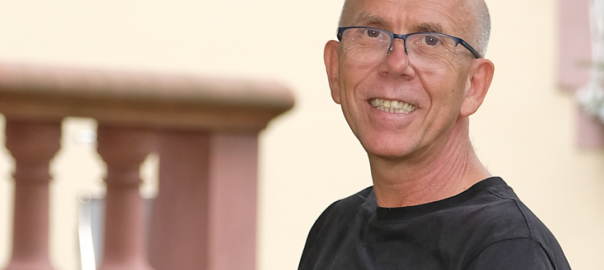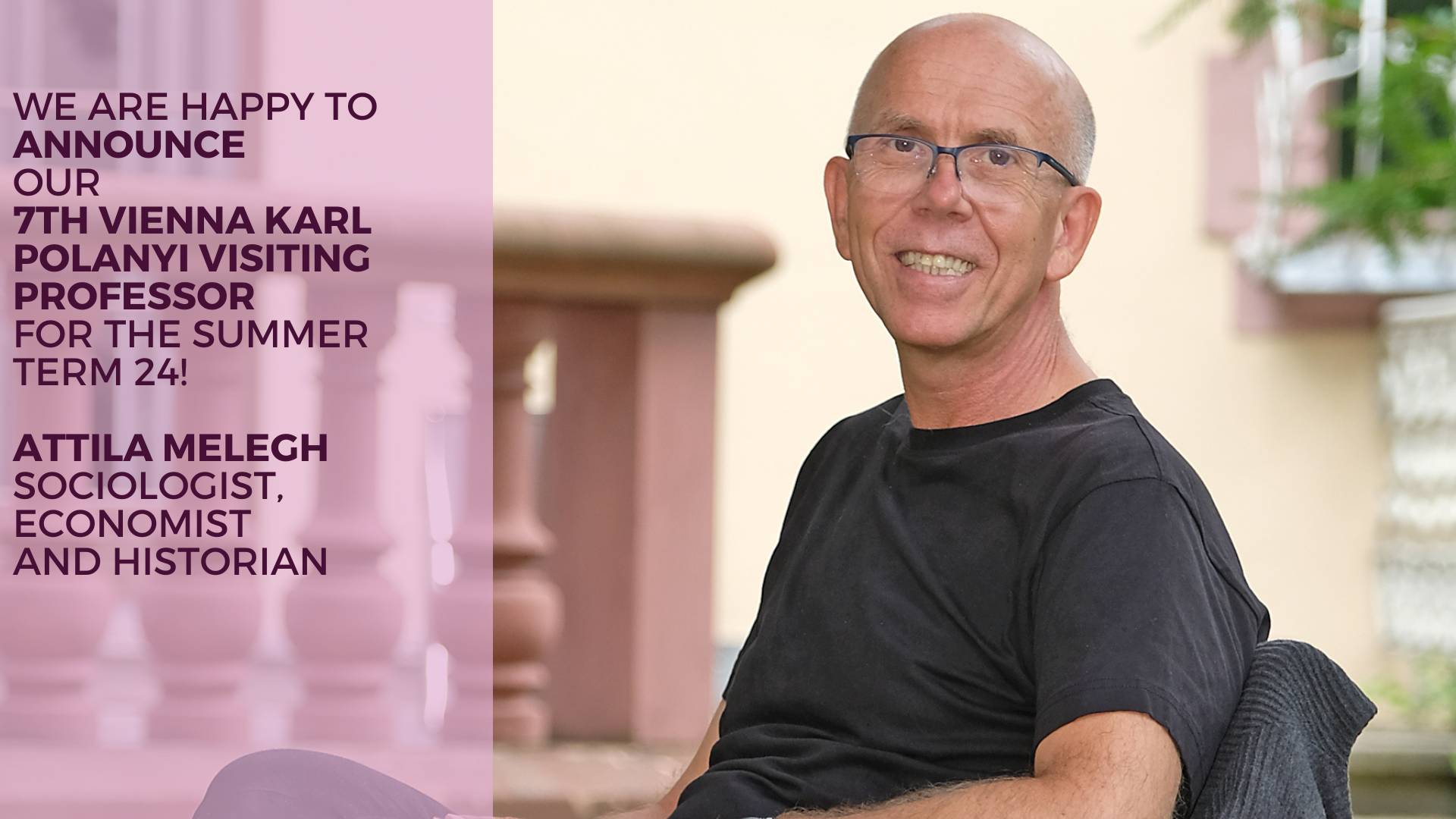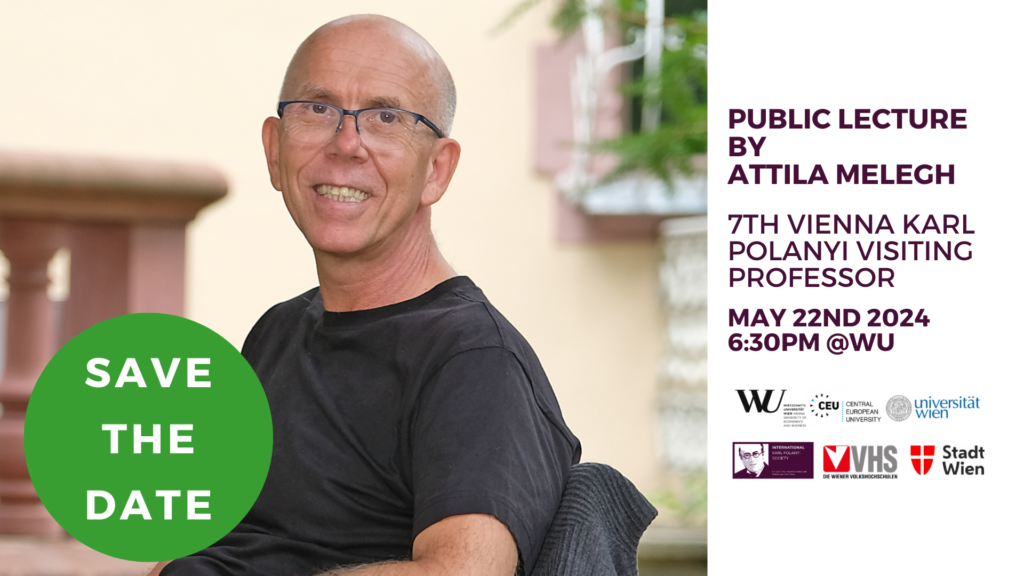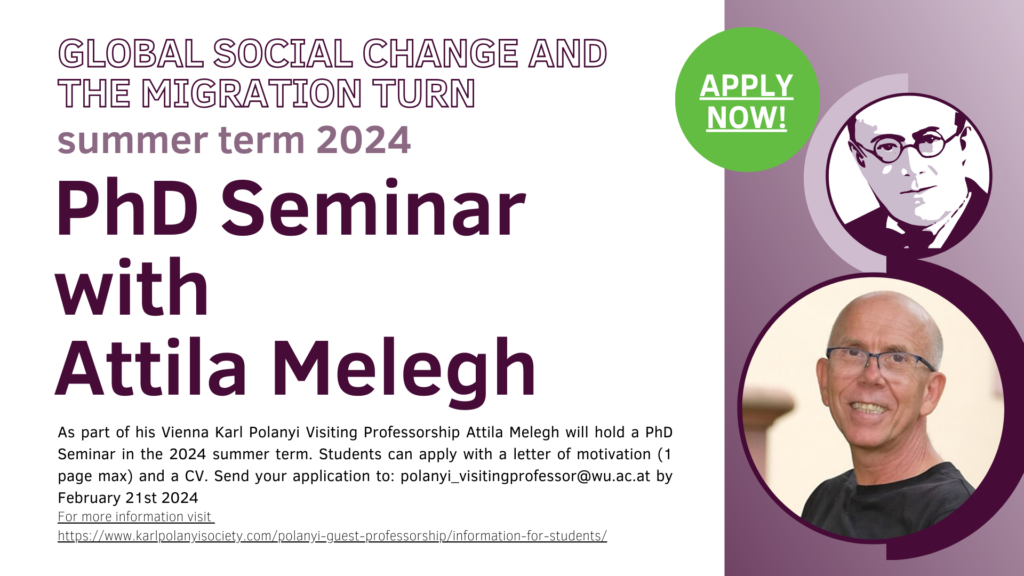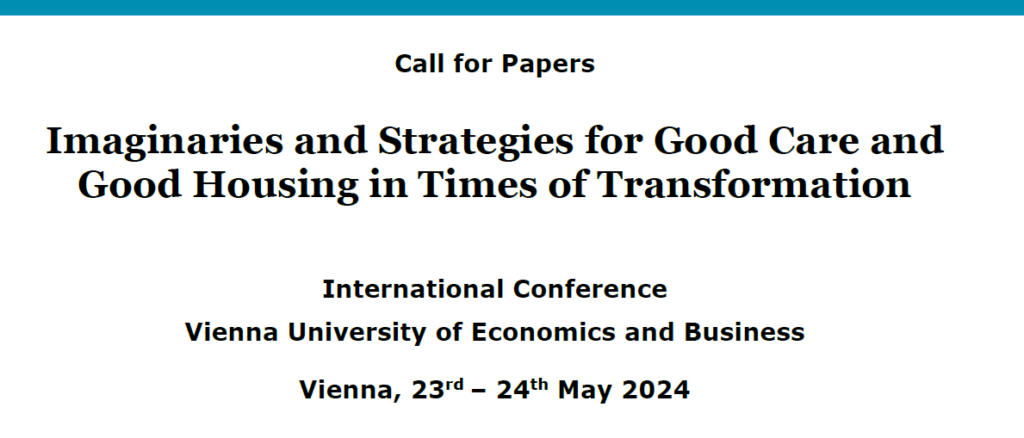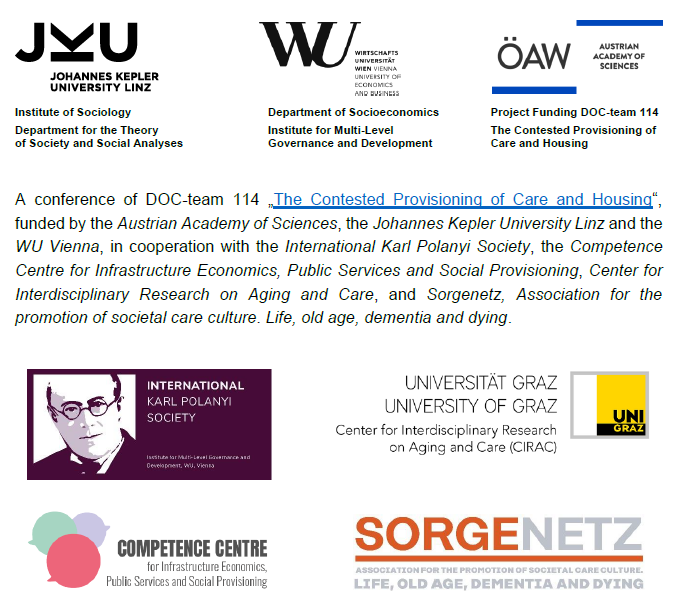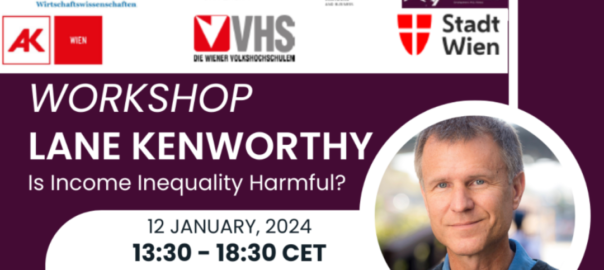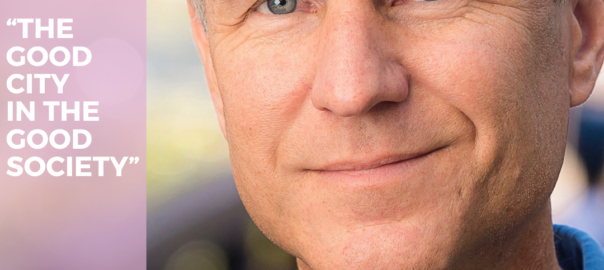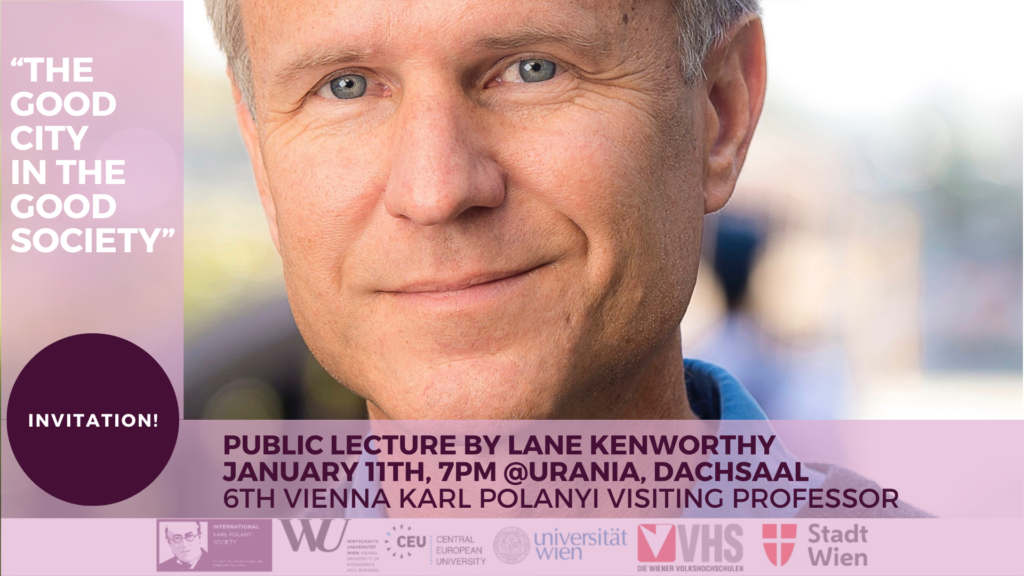Care and housing are key provisioning systems, intertwined and coconstitutive.
They contribute to sustaining livelihoods and are foundational for human
flourishing. Care, on the one hand, is not restricted to one’s own place of living, but
shapes and is shaped by spatial relations in specific localities or transnational
networks. Care and Care work is provided in a specific built environment with different
configurations of housing, depending on appropriate infrastructures, including
buildings, retail, green and leisure facilities. Housing, on the other hand, is always
entangled with care – not only for others, but also for one’s own habitation, the
residential environment, and local communities. As it offers the material place for
diverse reproductive activities, the care (work) taking place in the respective spaces
is disarrayed when housing becomes unaffordable or precarious. In addition, how
neighbourhoods are developed, and how other key provisioning systems (mobility,
health, food, energy, etc.) are organised, decisively influences the capabilities of
residents to give and receive care and to shape the respective environment by ‘doing
housing’. Last but not least, the provision of care and housing, are both closely
entangled with specific society-nature relations that enable more or less reciprocal,
just, and sustainable practices of doing care and housing.
In the ongoing social-ecological, geopolitical, and digital transformations care and
housing are decisive but contested terrains for shaping new arrangements of
organizing livelihoods. As multiple crises escalate, it becomes increasingly harder
to ensure human flourishing without exacerbating mechanisms of exclusion or
transgressing planetary boundaries. Currently, diverse struggles unfold about
reinforcing or changing existing forms of provisioning, (dis-)empowering actors – be it
as residents, workers, care-receivers and givers, family members or migrants. It is,
thus, urgent to identify pathways to develop and shape ongoing transformations in an
inclusive and sustainable way. While profound change is unavoidable, collective actors
in the 21st century have to explore new imaginaries as well as strategies to actualize
such visions. This includes struggles over private and public spaces, about
transforming private practices as well as forms of collective agency.
Why a conference on imaginaries and strategies for good care and good
housing?
The conference aims at discussing these contested developments in the fields of care
and housing and envisioning future perspectives. Imaginaries are necessary to
identify desirable futures of how societies can re-organise the foundations of our social,
economic, and ecological systems. Aiming at a good life for all within planetary
boundaries, including good care and good housing, is a widespread, but ambitious
objective for ongoing transformations. The community shift and tendencies toward
communitisation, within care regimes, aims at prefigurative forms of such
provisioning. Community-oriented arrangements can be based on reciprocity and
redistribution, that facilitate human flourishing, even under adverse framework
conditions of financialization and austerity. However, these community initiatives are
strongly interrelated with the welfare state and different modes of care and housing
provision, with professional, and lay work etc. They facilitate desirable practices of
doing care and housing in niches of the given provisioning of social services and beyond
and are more or less able to change “the rules of the game”. Multiple strategies are
necessary to identify the potential for actors to change these framework conditions,
be it institutions (e.g., social infrastructures, legal and fiscal systems) or structures
(e.g., gender relations) to transform contemporary financialised capitalism. Currently,
economic and social policies are still subordinating the reproductive sphere to the
sphere of production, commodification and finance, and short-term consumer wishes
to long-term needs of sustaining the social and ecological background conditions of
our civilisation. Actualizing visions of a care-ful future will, therefore, only be possible
if the always-contested relations between the productive and the reproductive sphere
are re-organised – at the expense of the former. Such re-organisations will be conflictprone,
often negotiated in uneven relations and on multiple levels simultaneously –
from the home and the neighbourhood to the region, the nation, and the EU.
Against this background, the conference “Imaginaries and Strategies to Transform
Care and Housing in Times of Transformations” seeks to problematise these
transformations and their diverse manifestations to envision imaginaries and
strategies that foster socially just and ecologically sustainable ways of living together.
Of particular interest is research that relates transformations in the provisioning of
care and housing to other provisioning systems, for example mobility or health
services, as well as to society-nature relations that facilitate remaining within planetary
boundaries.
The conference is organized in three tracks:
1.) transformative imaginaries for good
care and good housing;
2.) transformative strategies for a good life within planetary
boundaries;
3.) a transdisciplinary track on ‘Wirtschaft neu denken [Re-thinking the
economy]’ (in German).
Academic contributions are invited to all tracks, practitioners to the third track.
• Track A: Transformative imaginaries for good care and good housing:
o Imaginaries for Caring Futures in Careless Times: What does good
care and good housing mean in socioeconomic systems of the 21st
century? How can a socioeconomic system beyond growth promote wellbeing?
How can we ensure that care and care work become visible and
socially recognised? How can we imagine caring/care-ful neighbourhoods
or even societies in the future?
o Hybrid Economic Models: How can we imagine alternative mixed
economies bridging the gap between centralised planning and freemarket
coordination? How can we better integrate hybrid forms of
provisioning (market, reciprocity, redistribution, household)? How can
socioeconomic systems be democratised to empower citizens and
workers to shape the framework conditions for living and working, caring
and dwelling in a just and sustainable way?
o Balancing Productive and Reproductive Capacities: How can we
reorganise the economy to better secure its reproductive foundations?
How can this contribute to creating a more equitable society?
• Track B: Transformative strategies for good care and good housing:
How can desirable alternatives become feasible futures?
o Strategies for Caring Futures in Careless Times: How can public
policies prioritise foundational goods, services, and infrastructures?
Which structures facilitate and which structures hinder the provision of
good care and good housing while maintaining decent working
conditions? Which actors promote, and which actors hinder its
provisioning?
o Multi-level Transformations: How can diverse actors at multiple levels
contribute to just and sustainable transformations? What is the potential
of bottom-linked niche alternatives (e.g., caring communities, cohousing)
and of top-linked changes of framework conditions (e.g.,
comprehensive decentralised care services, rent regulation)? How can
we avoid becoming trapped in societal niches and what forms of multiscalar
economic reorganisation are necessary?
o Finding Common Ground: How can we build broad societal alliances
and reconcile social and ecological politics? How can we bolster
participation in decision-making processes? What are the limitations of
consensus-based policy proposals? Which innovative policies exist? How
can reproductive activities be fostered and reproductive workers
empowered?
• Track C: ‘Wirtschaft Neu Denken [Re-thinking the Economy]’:
transdisciplinary dialogue on imaginaries and strategies to embed the market
into society-nature relations that strengthen reproductive systems and
foundational goods, services, and infrastructures to enable a good life for all
within planetary boundaries.
o Transversal theory-practice dialogue during all decentral sessions
o Diversity of practitioners and activists
o Workshop design

